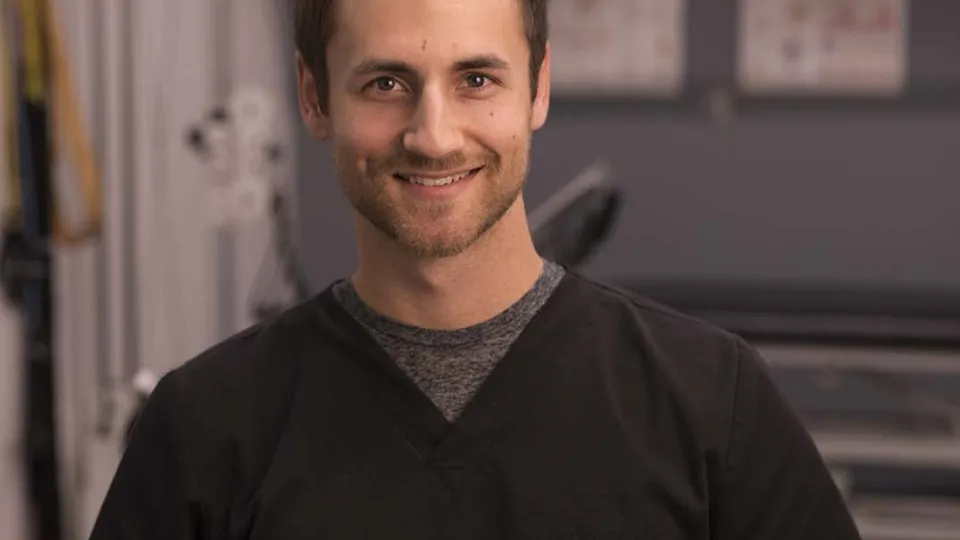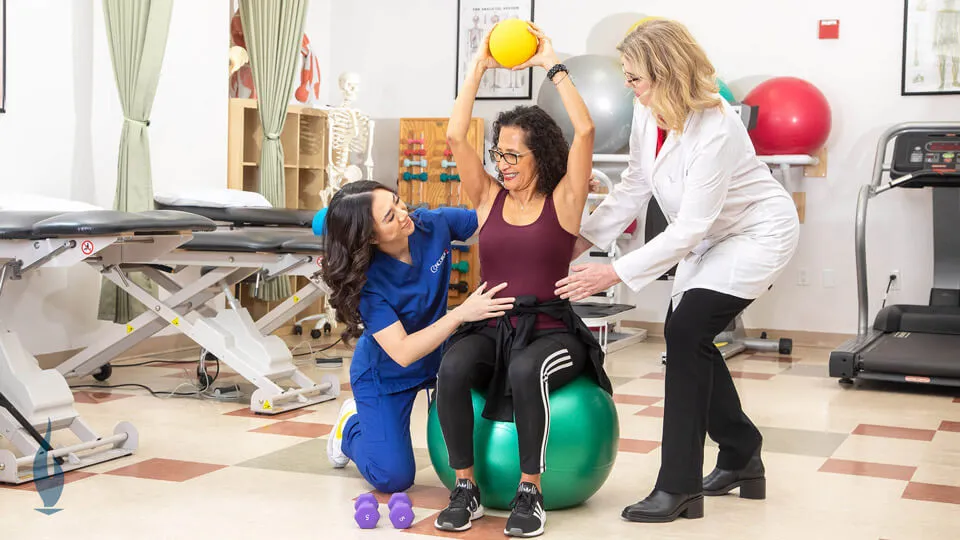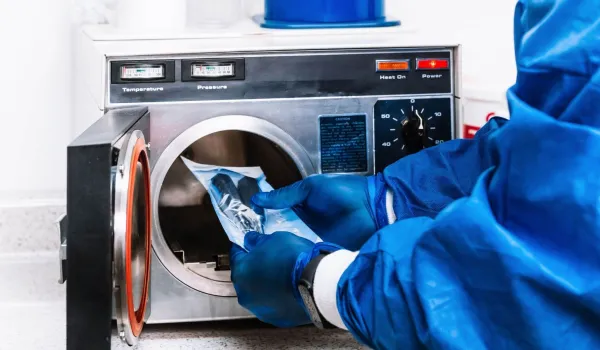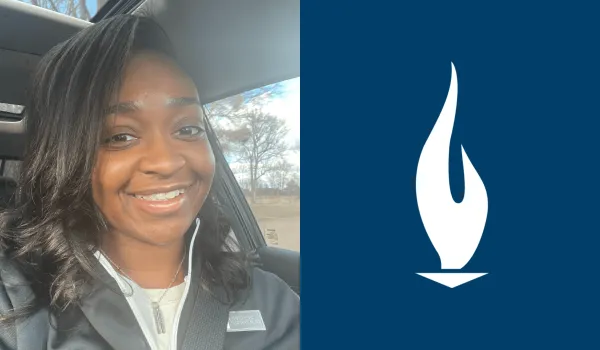
Physical Therapist Assistants works closely with a supervising physical therapist to provide quality patient/client therapy and care. A physical therapist typically will complete a patient examination and determine a diagnosis of a condition. He/she then will design a plan of care that includes both short- and long-term functional goals.
This is where a Physical Therapist Assistant comes in. The PT will utilize the Physical Therapist Assistant in providing interventions identified in the plan of care. Interventions a PTA might use include, but is not limited to, therapeutic exercise, traction, massage, ultrasound, electrotherapy, balance and gait training, motor learning and development, and patient and family education, according to the American Physical Therapy Association (APTA).
The Physical Therapist Assistant also provides the PT information about the patient's response to treatment. PTAs also are trained to respond to emergency situations in the clinical environment.
So, where do physical therapist assistants work? Physical Therapist Assistants can work in a variety of settings. We want our Concorde PTA students and alumni to be fully informed on all the various niches in which PTAs can work. Following are some of the settings as listed by the APTA, submitted by Lori Hurtak, PT, DPT, Concorde's Director of Physical Therapist Assistant Programs in Jacksonville, FL.
Physical Therapist Assistant work settings
The vast majority of PTAs, approximately 72 percent, work in hospitals or privately-owned therapy practices. Others work in home health, schools and rehab units. Twenty-eight percent work part-time.
Acute care - PT is provided to individuals admitted to a hospital for short-term patient care.
Rehab/sub-acute rehab - At a rehabilitation hospital, PT is provided to individuals who are admitted for intense therapy to improve a person's ability to care for himself/herself. Sub-acute rehab is provided to individuals admitted to a special hospital that provides medical and/or rehab care. Rehab is less intense.
Extended care facility/nursing home/skilled nursing facility - These facilities typically care for elderly patients and provides long-term nursing care.
Outpatient clinic - Individuals visit a clinic primarily to address musculoskeletal and neuromuscular injuries or impairments.
School/pre-school - PT is provided in an educational environment.
Wellness/prevention/sports/fitness - PT is provided with a focus on wellness, preventing injury and promoting healthy lifestyles.
Home health - PT is provided at the patient’s residence. The majority of patients are elderly, but there also are pediatric patients with developmental disabilities and other conditions.
Hospice - PT is provided to patients in the last phases of incurable disease to maintain function as long as possible and manage pain.
Workplace - Many companies employ PTAs to maintain a healthy and productive workforce.
Government - PT is provided to civilians and military personnel at government instillations such as VHAs and Department of Defense.
Research center - PTAs can assist in research to improve patient/client care outcomes and support the body of knowledge in the field of physical therapy.
Demand for the Physical Therapist Assistant
With all these possible settings where a Physical Therapist Assistant can work, there is a high demand for PTAs in the workforce, according to the APTA. This need is expected to increase into the foreseeable future as the U.S. population ages and the demand for physical therapy services grows.
Come to Concorde and earn your Physical Therapist Assistant degree today!
Interested In How To Become a Physical Therapist Assistant?
Click here to explore Physical Therapist Assistant Programs near you!
Take The Next Step Towards a Brighter Future
Interested in learning more about our Physical Therapist Assistant program?
We have a Concorde representative ready to talk about what matters most to you. Get answers about start dates, curriculum, financial aid, scholarships and more!







